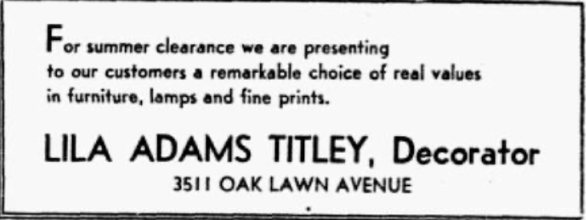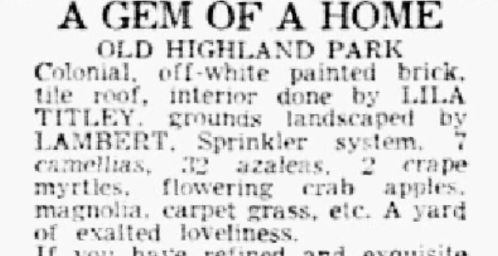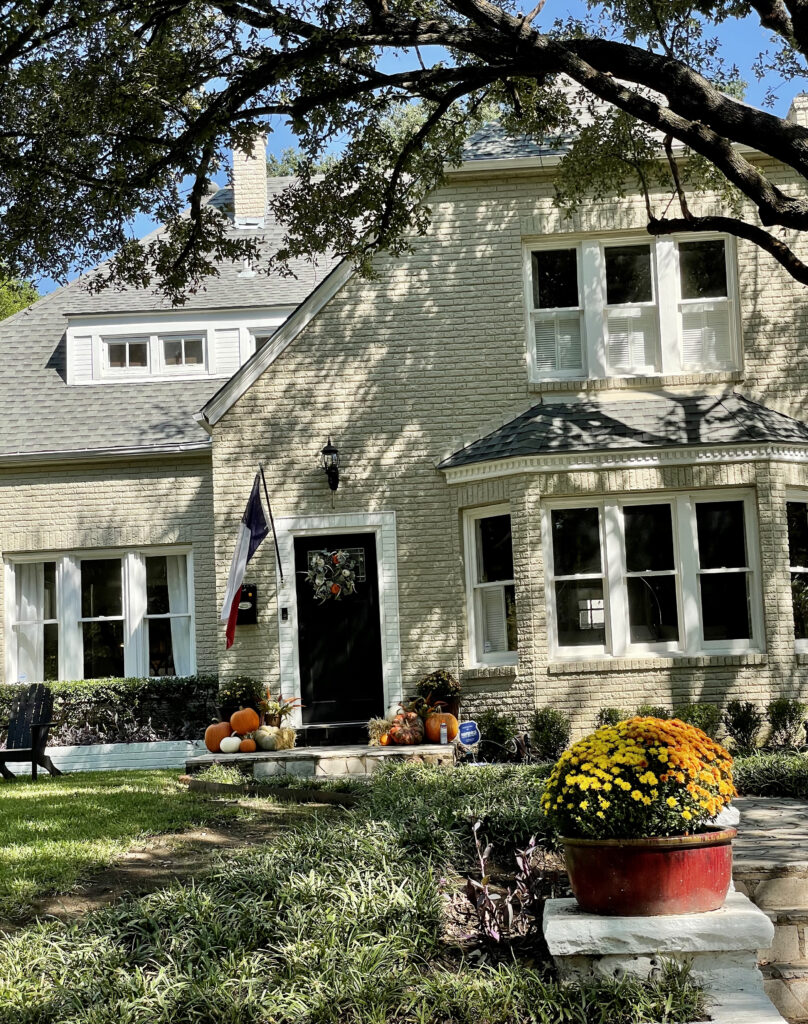
In 1927, after a bitter, ugly divorce, Lila Adams Titley took her two young children and moved from Oklahoma to Dallas to carve out a new life for the three of them. She went into business as an interior decorator and raised her children in Perry Heights at 4412 Rawlins. She opened her business at 3511 Oak Lawn and later at 2307 Cedar Springs and was a successful decorator and antique store owner for 30 years until she retired in 1954. She loved traveling to Europe on buying trips and she loved classic European design. Her two children were Richard John and Bonnie Jean. She was instrumental in organizing the Texas Chapter of American Interior Decorators, and served as the first Treasurer for the organization. She often spoke in front of decorators and women’s groups with very traditional views: “You can’t live with things that aren’t lovely and it is the women’s function to carry on the tradition of the pretty and retain the heritage of good design.” She thought good decoration came mostly from the 18th century and detested modern design: “Though modern architecture may have its functions, there’s nothing pretty about a slab of brick wall with a mask on it. “
She had a scare when there was a bad car accident at Lemmon and Lovers Lane with her son, Richard, driving five other seniors from North Dallas High, but only three were hospitalized and no one was seriously hurt.
After she raised her children and retired her business, she traveled extensively. She often would travel to see her son while he was stationed somewhere around the globe. She also loved traveling by ship to the Mediterranean including holy land destinations. She moved out of Perry Heights in the early 1960’s and died in 1971 in Dallas.
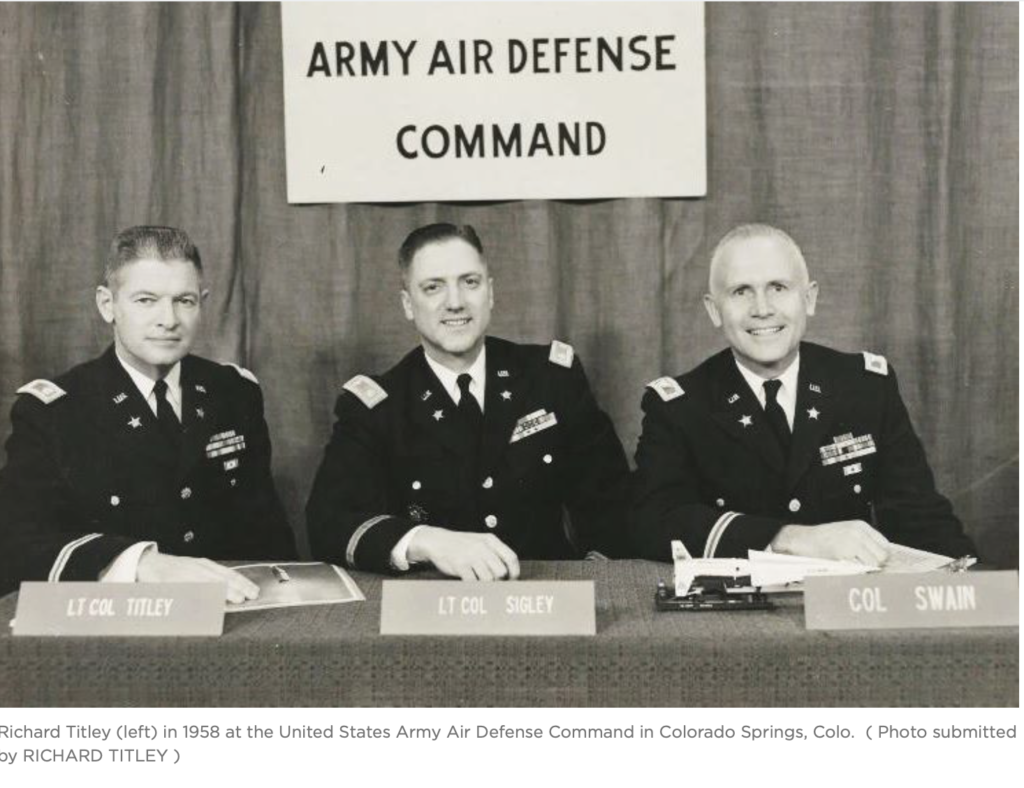
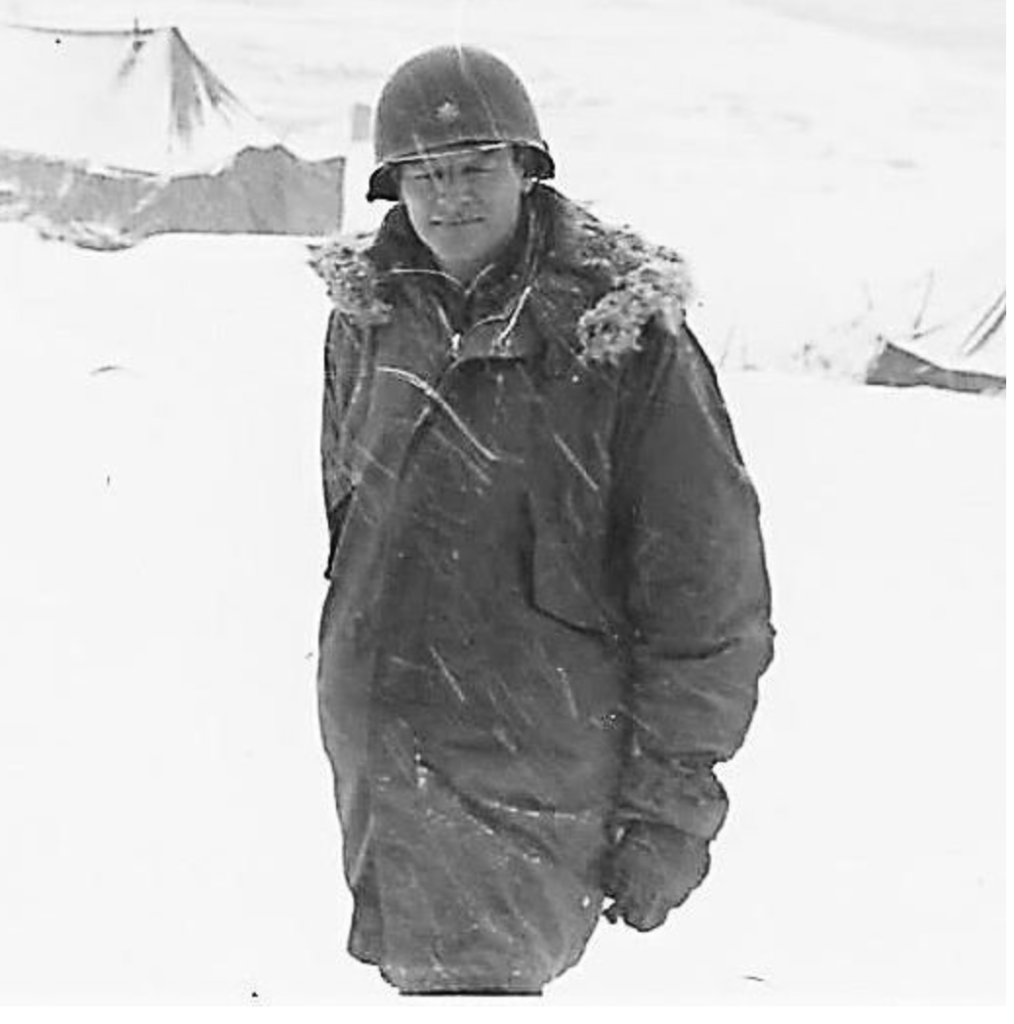
Richard went into the army after graduating from A&M and was sent to California to start a 22 year military career spanning from WWII through the Korean war and finally the cold war where he commanded the Nike missile batteries in and around Texas. Richard married and had two sons. After leaving the miliary, he returned his family to Dallas and worked for Preston State Bank developing the bank’s first credit card. He died in 2018.
Bonnie Jean was Richard’s older sister by 3 years and graduated with a journalism degree from UTA. Her romantic life was somewhat turbulent. Her first fiancee was killed in the Pearl Harbor attack. She then married Foy Fleming who was almost immediately deployed to the Navy in the Pacific in WWII. She followed him and worked in an ammunition factory with other war wives in California. When Foy returned from war, they quickly discovered they were not a match and amicably divorced as friends. She then returned to Dallas and met Warren Leslie, a writer from a prominate NYC family, and at that time, a reporter for the Dallas Morning News. They married in 1949 at The Little Chapel in the Woods and had two sons, Michael and Warren IV, known as Rennie. They divorced within three years.
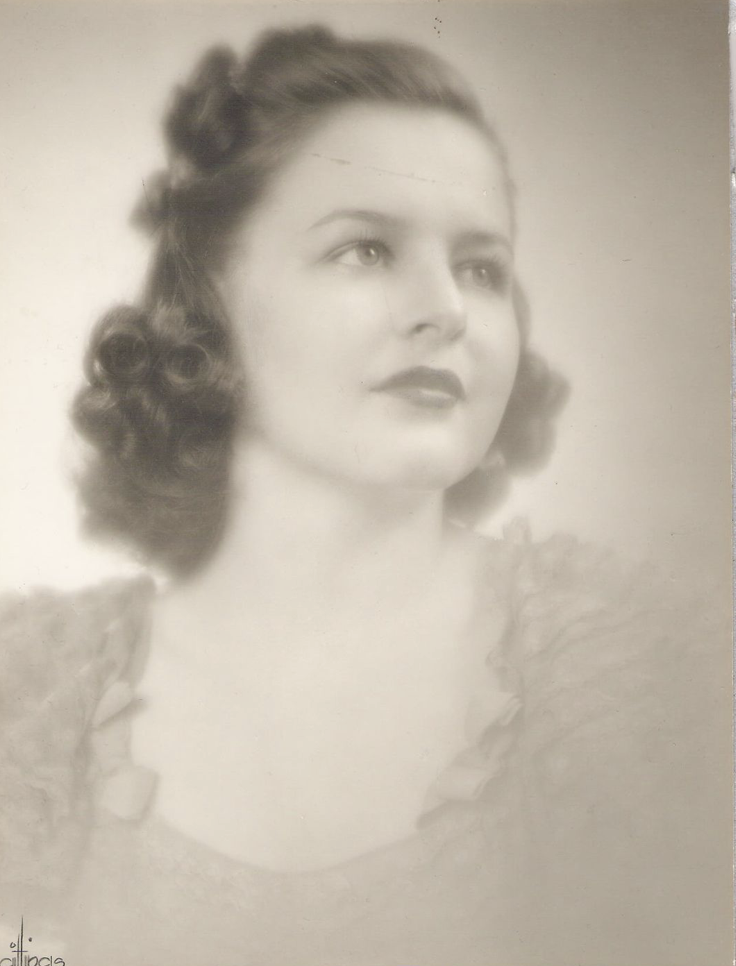
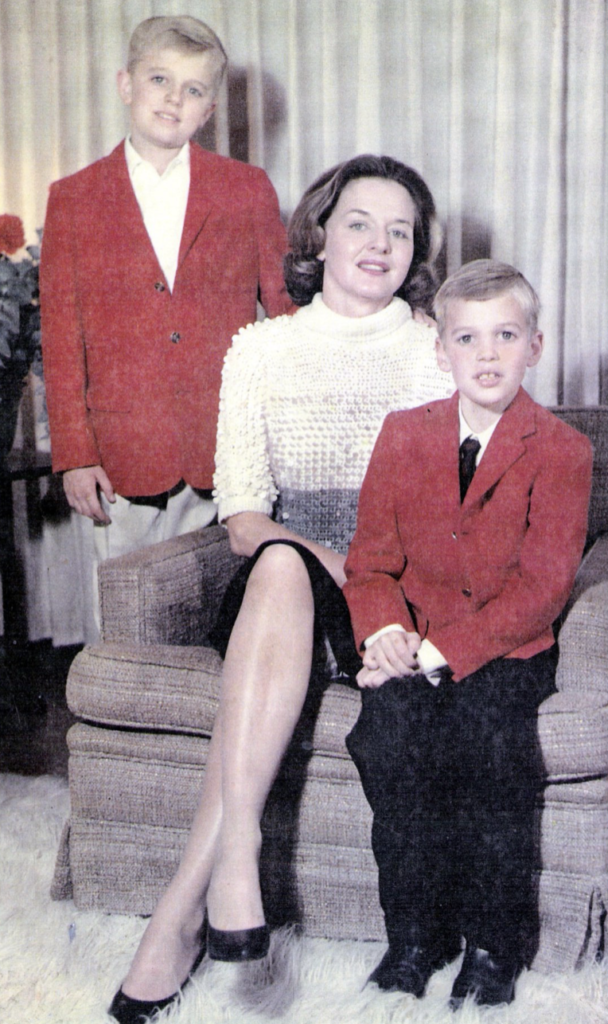
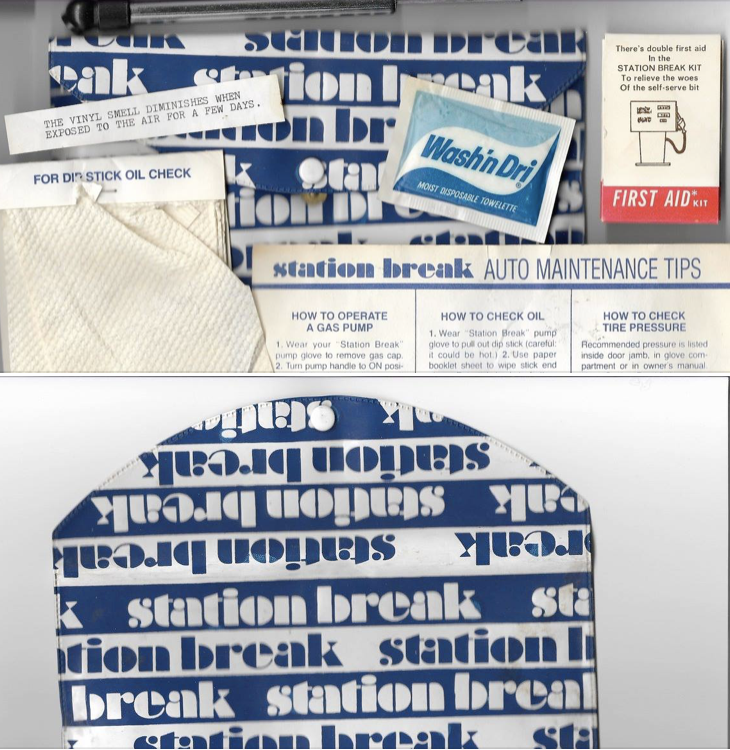
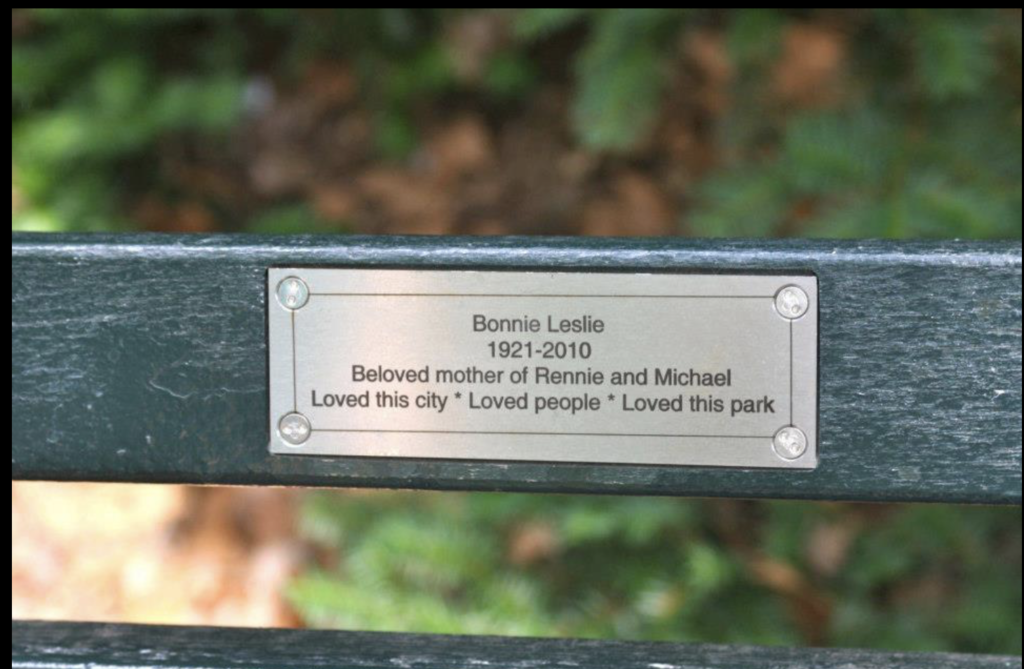
Warren Leslie was then working as an exectutive with Nieman Marcus while working on novels. He started a book soon after Kennedy was assasinated in 1963 and Bonnie worked with him as the primary researcher and editor. The controversial book sought to address the true nature of the city that stood accused by many of killing the president. As Dallas Public and Private: Aspects of an American City, the nonfiction book was nearing completion, Warren and Leslie remarried in 1964.
Bonnie was a major fundraiser for the Dallas Symphony in the 1950’s and 1960’s and through her husband’s NYC connections were able to book international talent in Dallas. Bonnie was also instrumental in helping to find work and housing for refugees from Poland and Hungary during the Soviet occupation of those countries. She and her husband were close to the proprietors of the Old Warsaw Restaurant, themselves refugees from Poland. Bonnie loved to recall how Dallasites had to bring their own liquor in brown paper bags to the Old Warsaw and other restaurants in the dry Dallas of the 1950s. She also developed a friendship with Stanley Marcus, and they shared an enthusiasm for miniature books, which they gave and traded with each other for many years.
After her second divorce from Warren, she worked in Public Relations with the Automobile Association of America in Los Angeles. She returned to NYC in the early 1970’s and marketed her own idea for ladies who drove cars at a time when full-service gas stations were declining in popularity. Her “Station Break” was a kit for women that included basic car care instructions and helpful items to keep their hands and dresses clean. She was then working for Time/Life Corporation, as a maker of documentary and promotional films, and for the YWCA Job Corps, where she helped train inner-city girls to pursue careers that could take them out of poverty.
In the early 1980s, Bonnie returned to Dallas and became an important early supporter of the Undermain Theatre and The Dallas Children’s Theater. She was diagnosed with Alzheimer’s in 2006 and moved to be near her son, Michael in Upstate New York. She died in 2010. Michael dedicated a bench in NYC’s Central Park in her honor that remains today.

